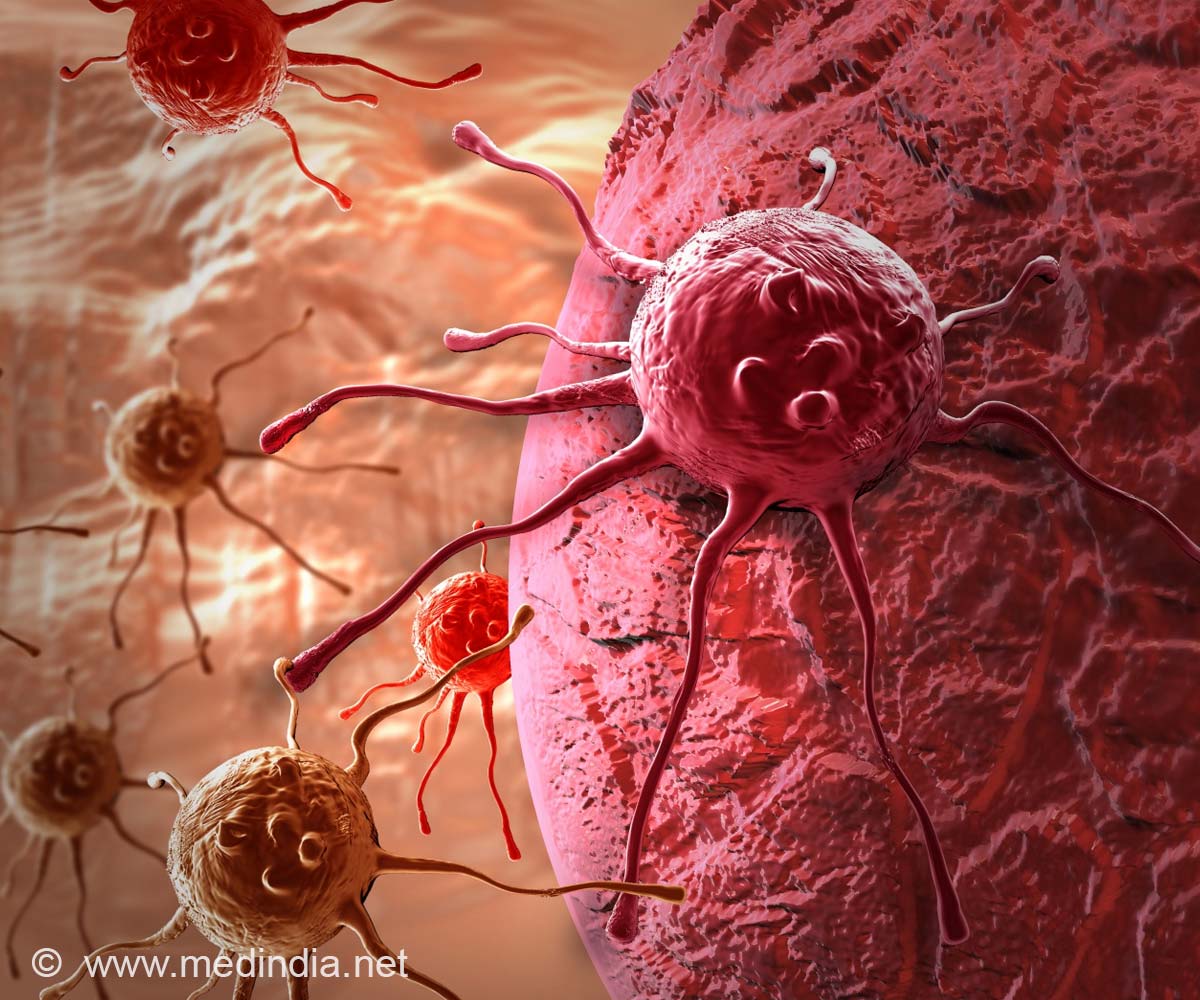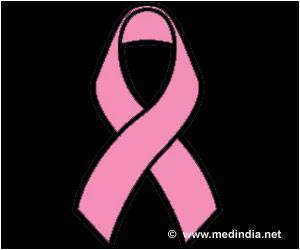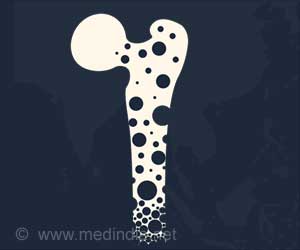Precise timing of DNA damage not only determines checkpoint behaviors in repairing cell damage but also alters the cellular outcomes for damaged cells, says study.

‘Identifying specific times when cancer cells will be more responsive to treatment based on their cell cycle is an approach to target cancer cells more efficiently.’





"It’s very important to look at the timing of cell damage because depending on when it occurs within a certain cell cycle, there can be a totally different outcome," said Sherry Chao, the paper’s first author and a graduate research assistant in the UNC School of Medicine Department of Genetics. "Some stages of the cell cycle are very vulnerable to DNA damage." For the study, the researchers used time-lapse microscopy to study cells as they moved through three cell cycle phases, tracking the fate of individual cells after they received DNA damage. They found that the cells’ response to DNA damage during certain cell cycle phases was strong and completely halted the cell cycle. In other phases, however, cells were relatively less sensitive or showed delayed but steady progression.
They also discovered that within cell cycle phases, there are "commitment points" past which cells will move forward into the next cycle, regardless of damage. "If the cell cycle has already passed through the commitment point, then the cell will continue with cell cycle progression," Chao said. "But if we damage the cells before they pass through the commitment point, the checkpoint is still able to stop the cell cycle."
They used the data to build a mathematical model of how timing affects checkpoint behavior. The model suggests that the precise timing of DNA damage not only determines checkpoint behaviors, but also alters the cellular outcomes for damaged cells.
Researchers say the findings could inform new treatment strategies for administering common cancer therapeutics. Their findings suggest the possibility of synchronizing cancer cells in more susceptible cell cycle phases before treatment.
Advertisement
Purvis added that their research adds the timing of treatment as an additional way of thinking about cancer research.
Advertisement
Source-Eurekalert















